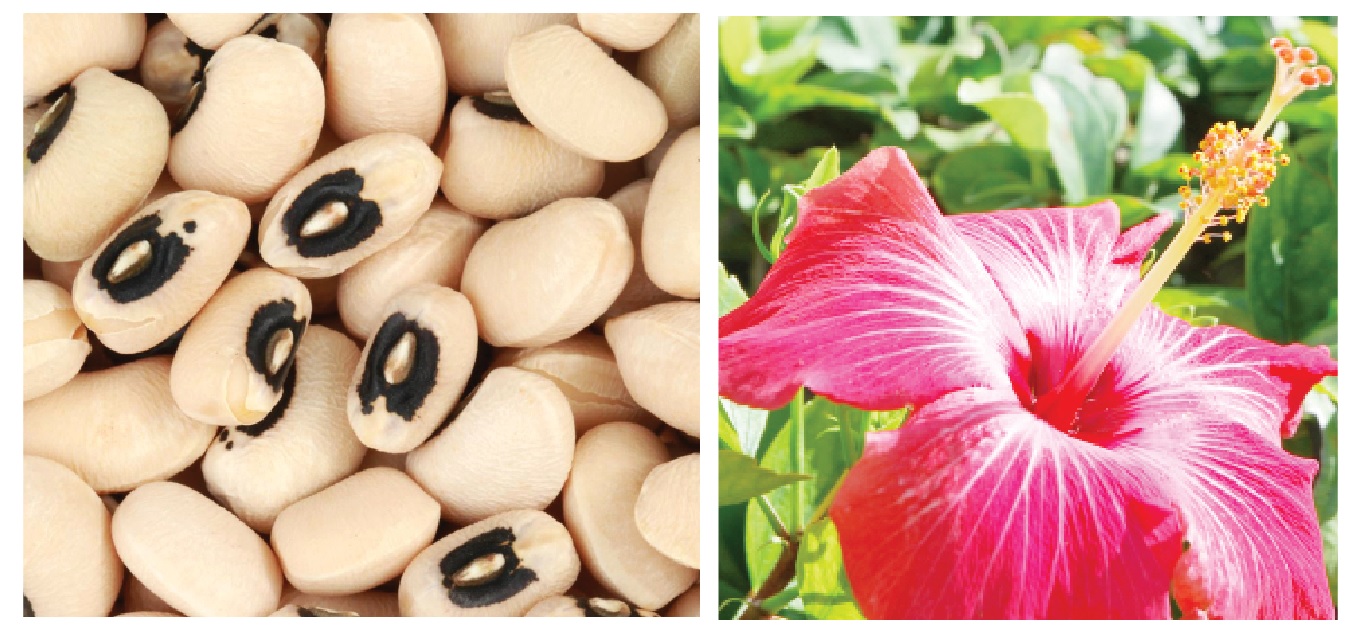Farmers bleed as export restriction on produce continues
One of the major problems confronting the nation’s agriculture is the apparent hurdles the country’s farm produce face in getting access to global markets. For example, Nigeria cannot currently export fish to the United States, beans to Europe Union and hibiscus, which before now generated over $30 million in export to Mexico alone. It is […]

The two farm produce, Beans and Hibiscus are restricted to some European countries
One of the major problems confronting the nation’s agriculture is the apparent hurdles the country’s farm produce face in getting access to global markets.
For example, Nigeria cannot currently export fish to the United States, beans to Europe Union and hibiscus, which before now generated over $30 million in export to Mexico alone. It is now facing rejection because of the presence of the chemical Methyl bromide, which caused Mexico to place a restriction until the issue is addressed.
Methyl bromide, according to the US Environmental Protection Agency (EPA), is used as a fumigant and pesticide. It is also considered highly toxic and causes health complications.
The issue is further complicated by farmers’ poor handling during storage and exporters’ flagrant disregard of the guidelines set by Nigeria Agricultural Quarantine Service (NAQS), the government agency that certifies export and import of agricultural produce (both plants and animals).
Also, the Federal Government’s directive to NAQS to leave the seaports, airports and other entering points has further deepened the problem because other government agencies like customs and immigration cannot certify agro products for export or import.
At the just concluded stakeholders’ engagement on increasing the access of Nigerian agricultural products to the global export market with farmers and exporters in Kano, they lamented how the rejections are hurting them.
The Director-General of NAQS, Dr. Vincent Isegbe, lamented that the “activities of some stakeholders constituted an obstacle to the nation.”
“Certain exporters attempt exportation of agricultural produce without valid sanitary/phytosanitary certificate. Others forge the certificates. And many conceal uninspected and uncertified agricultural produce in certified consignments of agricultural products,” he said.
Dr Isegbe also noted that “Nigeria is clearly underperforming in agricultural produce export. Compared to its immense export potential, Nigeria is punching far below its weight. And this is because we are able to show consistent adherence to export grade standards only in a few commodities that can be counted on the fingers of one hand.
“There is a wide array of agricultural products in demand overseas which we produce in considerable quantity but cannot export because we fall short in the condition precedent established by the destination countries.”
Alhaji Tukur Umar, Chairman of Arewa Hibiscus Flower Association of Nigeria, told Daily Trust that the farmers were facing many problems most of which have to do with poor handling during storage to meet export guidelines.
The association, which produces over 2000 containers for export, is now threatened by methyl bromide saga because Mexico has now requested that hibiscus from Nigeria must be fumigated before it could be allowed in.
Alhaji Tukur, who said he produces over 200 containers, noted that there are only two fumigated chambers built in Kano and Lagos with each expected to handle three containers a week, which the farmers and processors consider inadequate considering the quantum of production.
Ibrahim Abdulkadir Jada is the vice chairman of the hibiscus flower association and a honey farmer with over 20 years of experience targeting export.
He felt that NAQS’s engagement with farmers and exporters will bridge the knowledge gap among them and the regulatory agency regarding export.
“The price of our products in the international market is lower than those from other countries because of the quality –they always rate our quality lower. Through this workshop, we will be educated on how to improve our product to meet international demand and compete with our counterparts around the world,” said Alhaji Jada.
An agro-exporter, Mohammed Sanusi Wakili, who is also a customs-licensed agent with a company called SG International Agencies based in Kano called for urgent government intervention.
“If you want to access the international market with our agricultural produce, first and famous the intending exporter needs to know the nitty-gritty involved in the movement of such produce. Unfortunately, lots of Nigerians are ignorant of export procedures and they’re also ignorant of the rules and regulations guiding the produce itself. That is why these kinds of meetings are very crucial,” he noted.
Until these issues are resolved, Nigerian farmers will continue to produce at a loss and forced to remain poorer.
